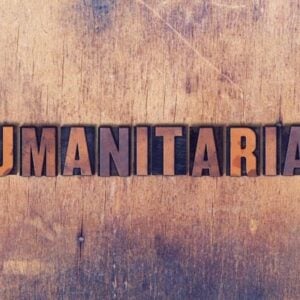Sweden has announced a comprehensive humanitarian support package of SEK 775 million to strengthen international aid in response to the worsening global crisis. War, conflict, famine, and displacement are affecting millions of people worldwide, while funding for life-saving efforts is declining. The new package, presented in cooperation with the Swedish International Development Cooperation Agency (Sida), aims to ensure that assistance reaches those in greatest need.
Minister for International Development Cooperation and Foreign Trade Benjamin Dousa emphasized the urgency of the situation, highlighting the severe humanitarian conditions in Sudan and Gaza and the strain on the global aid system due to insufficient funding. The support package demonstrates Sweden’s commitment to extending solidarity beyond national borders and providing timely life-saving assistance.
The SEK 775 million package for 2025 combines SEK 375 million in new government support and SEK 400 million from Sida. The government funding will be directed to key humanitarian actors, including the UN World Food Programme, UNICEF, the UN Central Emergency Response Fund, the Office for the Coordination of Humanitarian Affairs, and the International Federation of Red Cross and Red Crescent Societies. Core funding is provided to enable these organisations to operate efficiently and respond flexibly where needs are most urgent.
Sida complements this broad support with targeted funding to specific crises and civil society organisations with humanitarian mandates. SEK 303 million is allocated to ten of the world’s most severe crises, including Sudan, Palestine, Syria, Yemen, the Democratic Republic of the Congo, Myanmar, South Sudan, Nigeria, Afghanistan, and Ethiopia, using a needs-based allocation model. An additional SEK 77 million is directed through Sida’s fast-track mechanism to enable rapid response to escalating emergencies such as natural disasters and conflicts.
The support package also includes increased funding for the UN Humanitarian Air Service (UNHAS), which facilitates aid delivery to inaccessible areas. By combining flexible core support with targeted crisis funding, Sweden aims to maximise the effectiveness of its humanitarian assistance and ensure timely, life-saving aid reaches the world’s most vulnerable populations.






